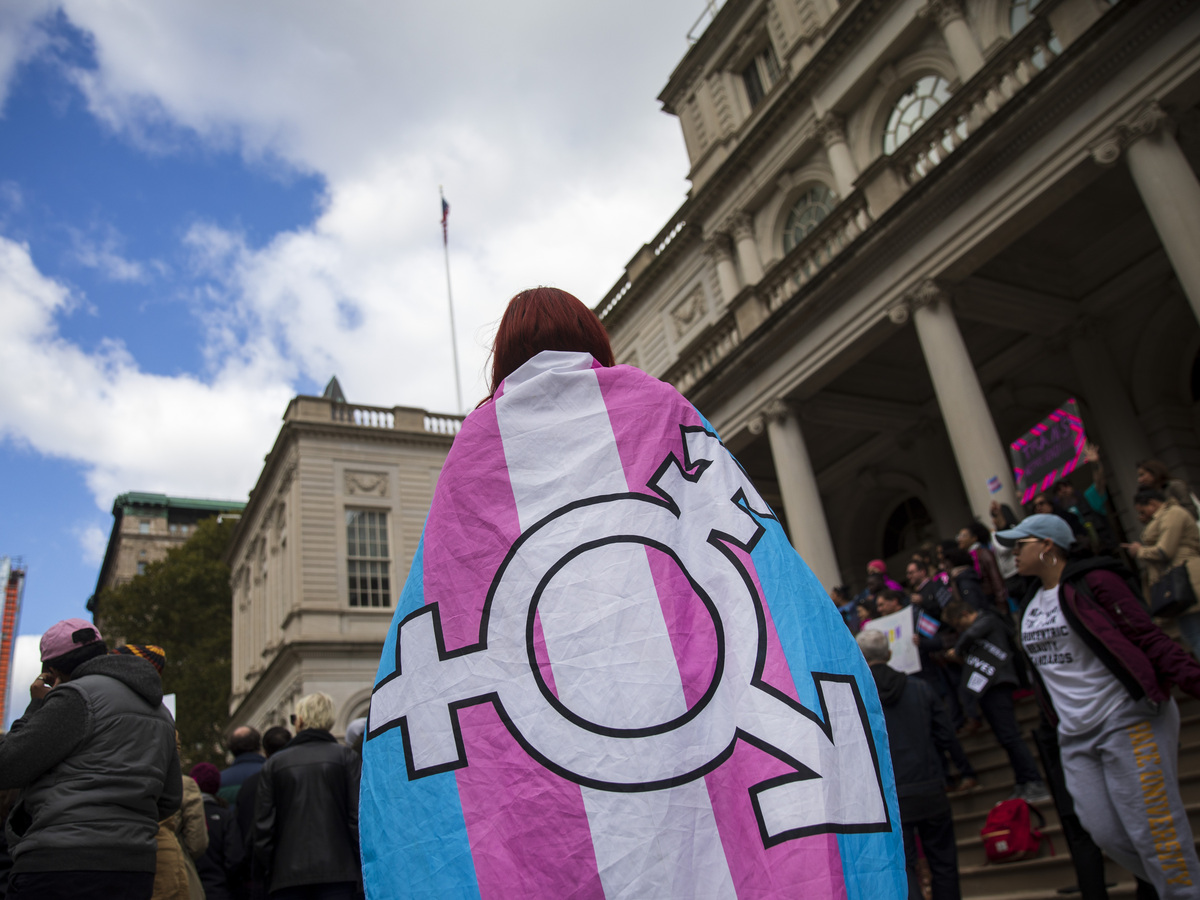
Many states have enacted laws and policies that restrict or outright ban gender-affirming care for trans people. Drew Angerer/Getty Images hide caption

Many states have enacted laws and policies that restrict or outright ban gender-affirming care for trans people.
Drew Angerer/Getty ImagesSeveral U.S. states have passed bills restricting or banning gender-affirming care for trans youth, while other states have enacted measures to protect access to that care. What does that say about the future of trans rights in America?
NPR's Melissa Block speaks with three trans Americans about the progress that's been made in regards to trans rights, and how those same rights are currently under attack.
Email us at
This episode was produced by Brianna Scott, with engineering by Robert Rodriguez. It was edited by Acacia Squires and William Troop. Sami Yenigun is our executive producer.

 Live Radio
Live Radio